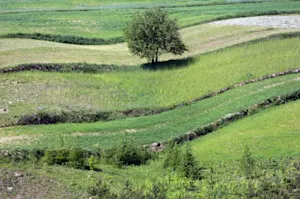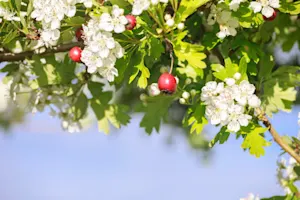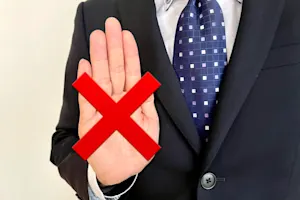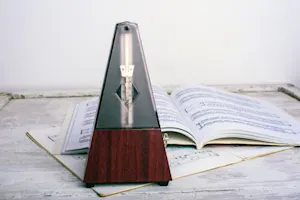What Makes This Word Tick
"Donnybrook" is one of those words that sounds just as lively as its meaning. It refers to a brawl or uproar, much like a free-for-all melee you'd expect to see in a classic western movie saloon. The word's vivaciousness is easily apparent—after all, it had humble beginnings in a real-life Irish fair that was known for its chaos and commotion.
If Donnybrook Were a Person…
Imagine Donnybrook as the life of the party—boisterous, perhaps a little unruly, and maybe slightly rough around the edges. The type of person who might lead a conga line through the neighborhood pub just for the fun of it. You might not want to run into them in a dark alley, but they're the folks who keep life interesting.
How This Word Has Changed Over Time
Originally, Donnybrook was a literal place—a suburb of Dublin famous for its annual fair that was anything but orderly. Over time, as the fair's reputation for rowdiness grew, the term evolved into what we now use to describe any wild and uproarious gathering, far removed from its geographic roots.
Old Sayings and Proverbs That Use Donnybrook
There aren’t any ancient proverbs that feature "donnybrook," but you can almost imagine a wise Irish elder murmuring, "Every fair has its donnybrook" as a nod to life’s inevitable chaos.
Surprising Facts About Donnybrook
The original Donnybrook Fair began in 1204 and was granted its charter by King John of England. It ran annually for centuries until the mid-19th century. Eventually, it became so infamous for its disorder that local authorities sought to (finally) end the mayhem, closing the fair in 1866.
Out and About With This Word
Throw "donnybrook" into your conversations when describing a chaotic family reunion or a particularly rambunctious political debate. It adds a touch of historical flair to any chaotic scene needing description.
Pop Culture Moments Where Donnybrook Was Used
"Donnybrook" has made its way into movies, television shows, and even music. It’s often used to describe scenes that descend into chaos. Picture a comedic brawl on an episode of "I Love Lucy" or an old-school cartoon fight cloud with fists and feet poking out—truly donnybrook material.
The Word in Literature
Authors often employ "donnybrook" to convey disorder with a hint of charm. It’s the kind of word you might expect to find in a Dickensian tavern scene or a lively chapter of a modern romp through Dublin. It’s a perfect descriptor for colorful, tumultuous gatherings.
Moments in History with Donnybrook
The Donnybrook Fair itself became the stuff of legend and lent its name to the kind of unruly assemblies that occurred at the height of its popularity. Whenever a historical event erupts into disarray, like the Boston Tea Party or the storming of the Bastille, one might say it was a right proper donnybrook.
This Word Around the World
While "donnybrook" is firmly rooted in Irish tradition, its concept resonates globally. In France, you might say "pagaille," while Germans might use "Krawall" to express a similar upheaval. The universal truth? Every culture knows a good kerfuffle when they see one.
Where Does It Come From?
The word originates from Donnybrook, a suburb of Dublin, known for its notoriously chaotic fair. It’s a reminder of how places often lend their names to broader concepts, crystallizing in our language long after the specifics have faded.
How People Misuse This Word
Some might use "donnybrook" incorrectly as merely a synonym for any gathering. It’s not just about socializing but involves a certain level of chaos—a verbal mosh pit, if you will.
Words It’s Often Confused With
Fracas: Both imply a noisy disturbance, but a fracas doesn't quite capture the scale of chaos a donnybrook might.
Melee: A melee is also a confused fight but tends to be more physical rather than the verbal or social chaos a donnybrook implies.
Riot: While both involve disorder, a riot carries more serious implications and intent.
Additional Synonyms and Antonyms
Synonyms include commotion, brawl, hullabaloo, and ruckus. Antonyms would be calm, tranquility, and peace.
Want to Try It Out in a Sentence?
"After the sports match, the pub turned into a donnybrook worthy of the history books, with chairs flying and old grudges reignited."
















